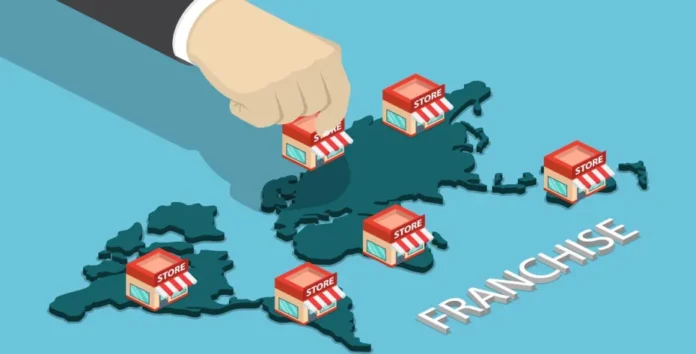
Expanding a business through franchising can be a game-changing move, but choosing the right model is crucial. Whether you’re an entrepreneur considering franchising your business or an established franchisor exploring new growth strategies, understanding the various franchise expansion models will help you make informed decisions.
Each model has its own set of advantages and challenges, tailored to different types of businesses and goals. To navigate this complex landscape effectively, you may also need legal support for franchisors.
Single-Unit Franchise

The single-unit franchise model is the most straightforward and commonly used. In this model, the franchisor grants an individual the right to operate one franchise unit. This approach is ideal for businesses looking to expand gradually and maintain close control over each location.
It allows franchisors to build strong relationships with franchisees and ensure brand consistency. However, growth can be slower compared to other models, as each new unit requires finding and training a new franchisee.
Multi-Unit Franchise

For those seeking faster expansion, the multi-unit franchise model might be a better fit. In this model, a franchisee is granted the rights to open and operate multiple units within a specified area. This can lead to quicker market penetration and economies of scale. Multi-unit franchisees often have more experience and resources, reducing the risk for franchisors. However, managing multiple units requires strong organizational skills and can lead to operational complexities.
Area Development Franchise
The area development franchise model takes the multi-unit concept further by granting a franchisee the exclusive rights to develop a large geographic area. The area developer commits to opening a certain number of units within a specified timeframe.
This model accelerates market presence and is often used by businesses with aggressive growth plans. It requires franchisees with significant capital and operational expertise. While it offers rapid expansion, the franchisor must carefully select area developers to maintain quality and brand standards.
Master Franchise

Master franchising is a powerful model for international expansion. In this model, a master franchisee is granted the rights to sub-franchise within a specific territory, often a country or region. The master franchisee assumes the role of the franchisor in their territory, recruiting and training sub-franchisees.
This model enables rapid growth with minimal direct investment from the franchisor. However, it requires a high level of trust and a solid legal framework to ensure the master franchisee adheres to brand standards and operational procedures.
Conversion Franchise

The conversion franchise model involves converting independent businesses into franchise units. This approach is particularly effective in industries with many small, independent operators, such as real estate or home services.
By offering these businesses the benefits of a recognized brand, established systems, and marketing support, franchisors can quickly expand their network. Conversion franchising leverages existing market presence and customer bases, but it requires careful integration to ensure consistency and quality across converted units.
Choosing the Right Model
Selecting the right franchise expansion model depends on various factors, including your business type, growth objectives, available resources, and market conditions. Single-unit and multi-unit models are excellent for domestic growth, while area development and master franchising are suited for larger scale and international expansion. Conversion franchising can rapidly increase your footprint in fragmented markets.








